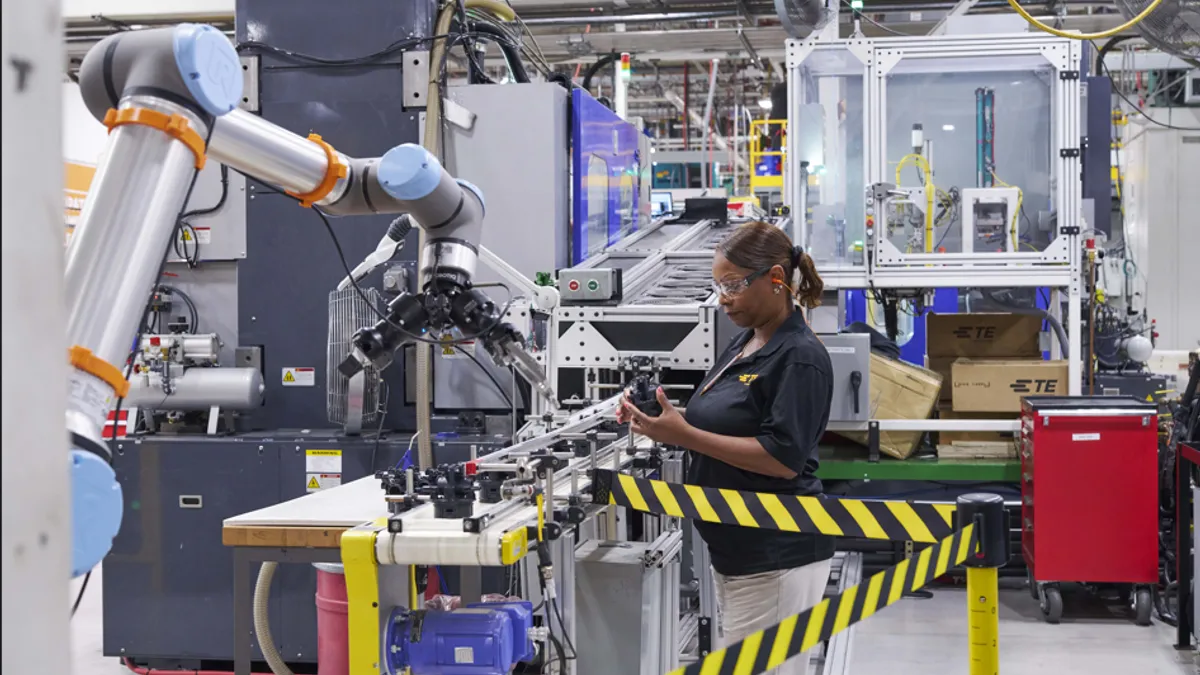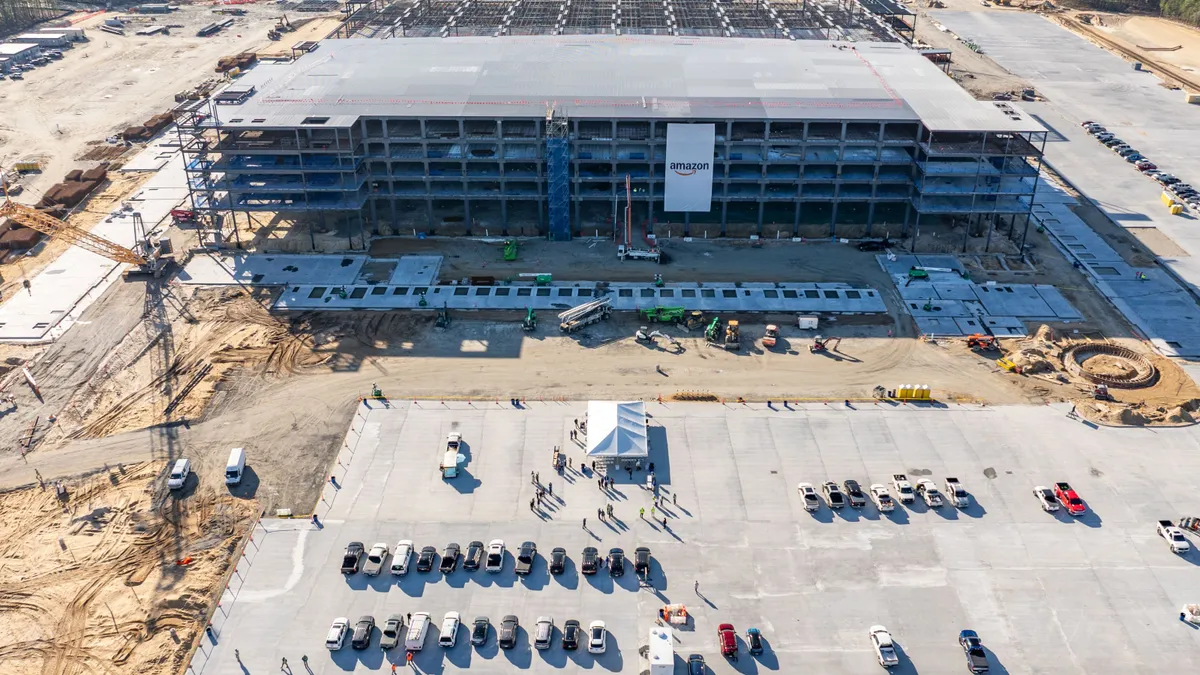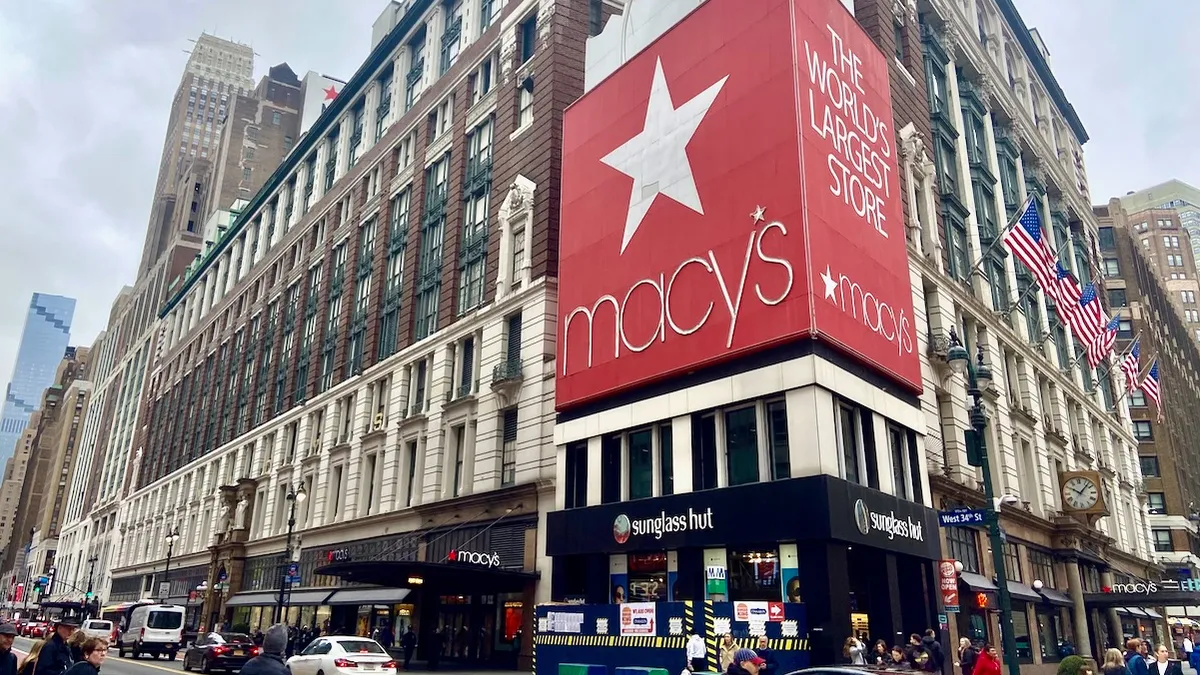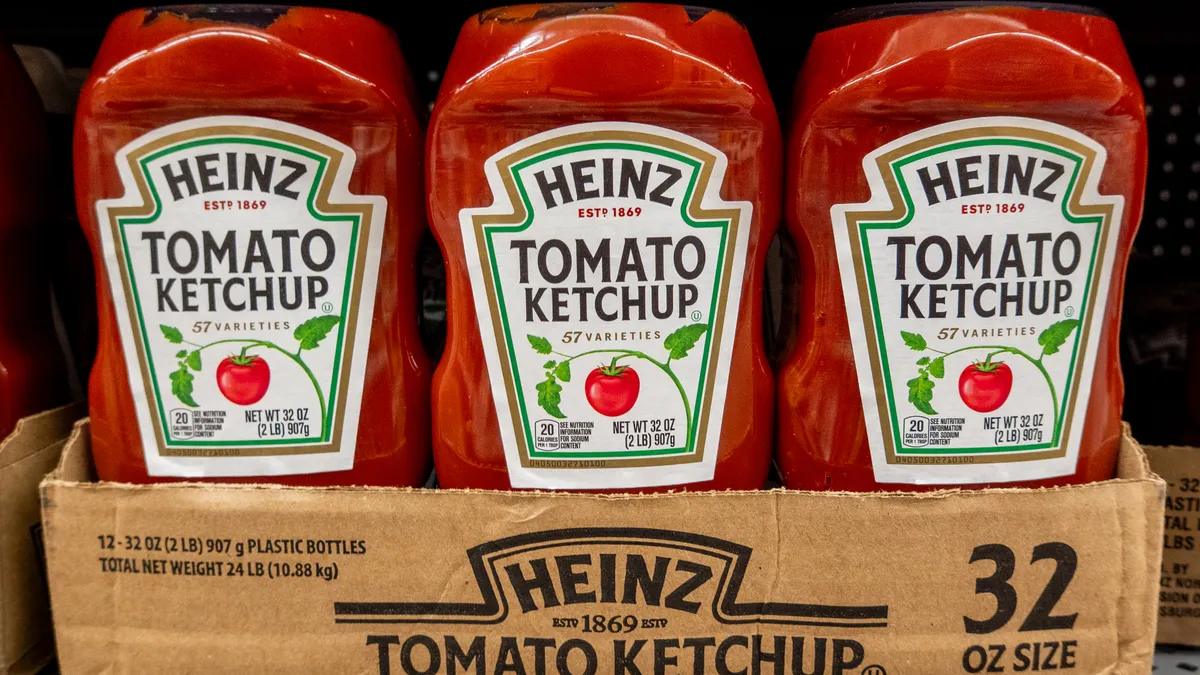Supply chains are constantly changing as new rules, technologies, resources and market trends transform operations. Here's a skim of the week's indexes, technology announcements, expansions and M&As from around the web.
In Case You Missed It:
- The shipping industry has changed dramatically in 18 months; here's how it happened.
- More than 20,000 people applied to work for Amazon this week.
- DHL predicts the industry talent crisis may arrive as early as 2020.
Market Snapshot:
The U.S. economy gained more than 200,000 jobs for the second month in a row, according to the Labor Department, marking a watershed moment for economists looking for signs of steady economic growth.
"This was a banner jobs report," Indeed's Jed Kolko said, according to a round-up of reactions by The Wall Street Journal. "With the strong payroll number in July, job growth in the past three months is ahead of the 2016 pace and way ahead of what’s needed to keep up with population growth. Working-age adults are now more likely to be employed than at any time since the recession."
Further reactions are equally ecstatic: TS Lombard's Steven Blitz noted the "great deceleration in hiring" was now officially over; and Glassdoor's Andrew Chamberlain says the "U.S. economy shows no signs of slowing," according to the Journal.
However, other indicators suggest the nation is still far from full employment, according to Capital Economics' Michael Pearce. While jobs are growing generally, the Bureau of Labor Statistics reports that employment in major industries including "construction, manufacturing, wholesale trade, retail trade, transportation and warehousing, information, financial activities, and government, showed little change over the month."
While recent events suggest manufacturing and warehousing jobs are poised to grow, the numbers have yet to reflect this growth. In addition, economists are concerned over a lack of wage growth, despite a rise in demand for labor.
In the Journal's round-up, RSM US' Joe Brusuelas explains, "Wages are a function of productivity and inflation. Firms will simply not increase wages that are not aligned with productivity and prices." The comment aligns well with an industry-wide concern over a "talent" crisis, rather than a lack of employees. The lack of job growth in supply chain sectors may be a factor of this need for productivity.
Regardless, the second month of high job growth is a good sign for the U.S. economy, and therefore supply chain. After all, a rising tide lifts all boats.
Technically Speaking
According to a new report from CB Insights, two thirds of global drone investments are made by U.S.-based companies. China currently accounts for 5%, with Australia, Canada, and the UK at 4%. The report also noted that the two biggest drone deals outside the U.S. were made by China-based DJI Innovations and YUNEEC — the deals were valued at $8-$10 billion and $60 million, respectively. DJI Innovations is currently the most well-funded drone company outside the U.S. Although the U.S. isn’t exactly facing competition from China when it comes to drone innovation, it’s important to note that China is ramping up its drone activity.
Speaking of Asia, Singapore-based start up Yojee uses blockchain technology and artificial intelligence to optimize its logistics operations, the Loadstar reported. Yojee’s target market is e-commerce companies and specializes in last mile delivery, using an online freight forwarding platform for shippers to choose the best shipping and real-time tracking options. The 3PL is looking to serve a need in southeast Asia’s blossoming e-commerce market, but if the company is successful, it could prove to be a substantial threat to logistics providers including DHL and Amazon.
In other news, Fleet Owner reported that Mercedes-Benz Trucks is using 3-D printing technology to create small spare parts for European trucks, jumping on the 3-D printed small industrial parts bandwagon.
Breaking Ground
According to an Aberdeen Journal report, Amazon could be looking into a new warehouse location in Aberdeen, Scotland’s new logistics park. Most recently, Amazon set up a delivery station in Badentoy, just south of Aberdeen. It should come as no surprise that the U.S.-based company plans to keep expanding overseas: Amazon Prime Day sales increased 280% YOY in the UK, according to data compiled by OneClick Retail, so it’s quite likely Amazon will add fulfillment centers and delivery stations to its UK network in the near future.
Earlier this week, the Richmond Times-Dispatch reported that Amazon will add a warehouse and fulfillment center to the Richmond, Virginia area. Not to be outdone, Virginia-based and growing discount store Dollar Tree announced it will break ground on a new distribution center in western Missouri.
But one “mystery buyer” tops them all: according to the San Jose Business Journal, an unknown company bought warehouse space north of San Jose for $62 million, near Silicon Valley.
Mergers & Analysis
The wave of shipping industry consolidations may not be over, except this time the targets may be regional carriers.
Splash 24/7 reports South Korea's carriers recently formed the Korea Shipping Partnership, which unites all of the country's container shipping lines, including Hyundai Merchant Marine and SM Line.
Together, the carriers seek to share capacity, add new trade routes, and manage foreign terminals to improve their competitiveness on intra-Asia trades. The news is hardly surprising, considering similar partnerships in the past, and widespread speculation of Hyundai Merchant Marine's stronghold would be in a regional, rather than global, trade.
Meanwhile, Japanese automakers Toyota Motor and Mazda Motor announced a new joint venture to build an assembly plant in the U.S., although a site has yet to be selected. The Wall Street Journal reports the companies are also looking to another joint venture, seeking to develop the future of cars: that is, connected-vehicle and electric technology.
In other news, medical supplier Cardinal Health continues its supply chain expansion, this time closing in on a deal to buy several of Medtronic's medical supply brands for $6.1 billion, The Star Tribune reports.




















